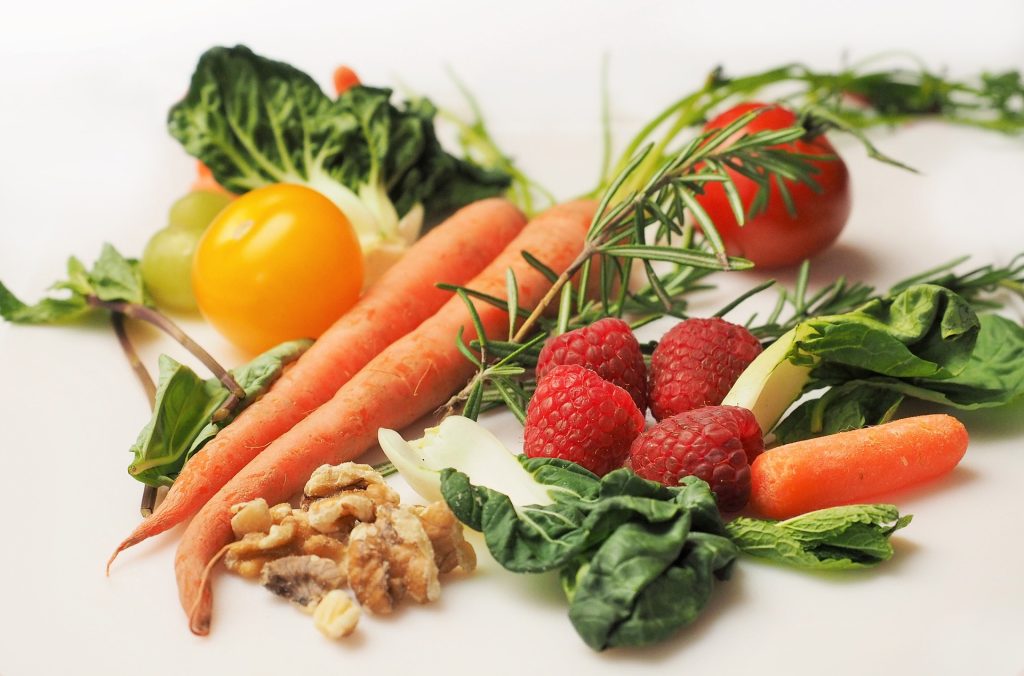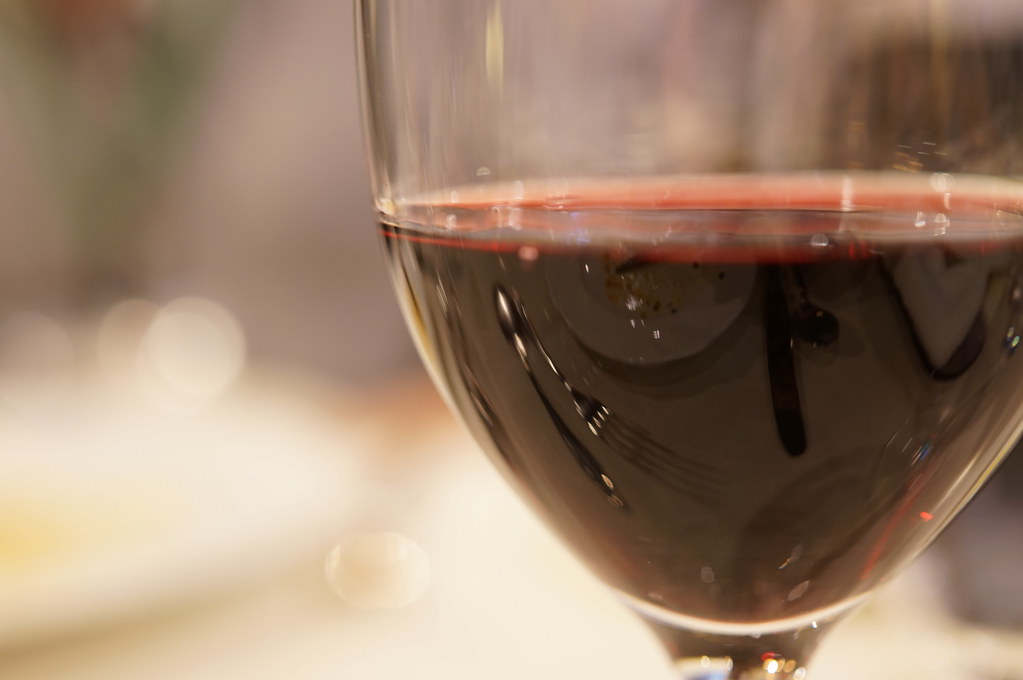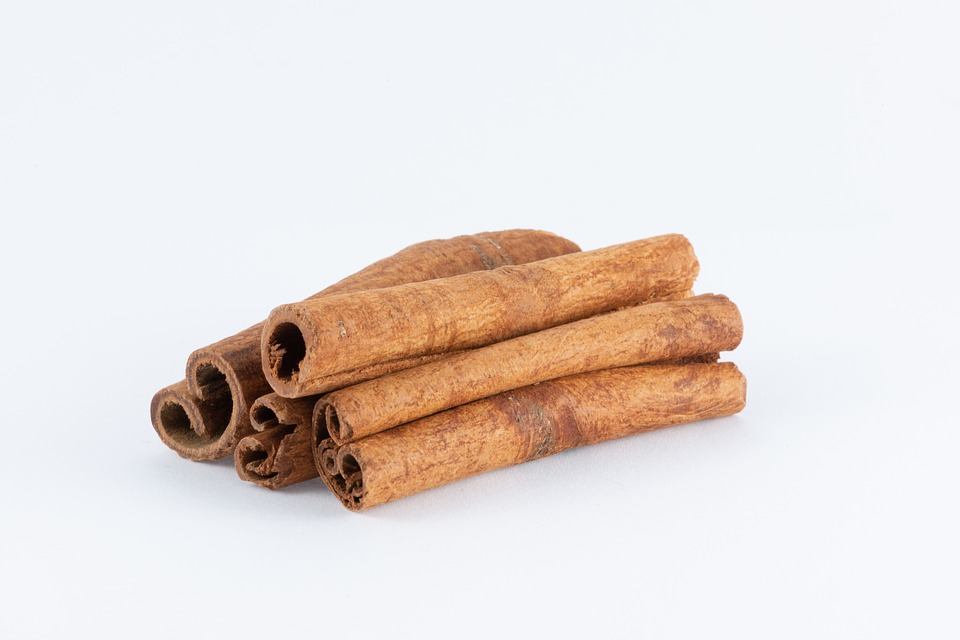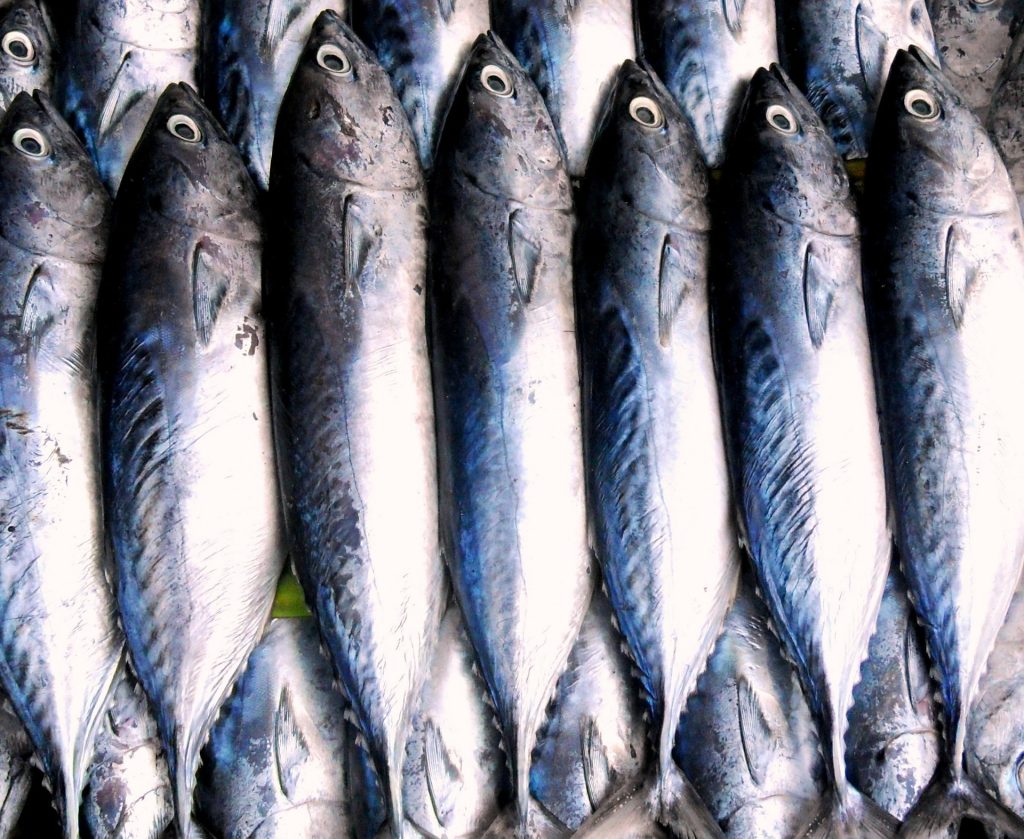
Blood clotting is a protective mechanism that helps stop bleeding. But when blood viscosity is higher than normal, it signals a malfunction in the body. If the blood is thick, the heart begins to work harder – this leads to hypertension, blocked blood vessels and even death. There are many causes of blood clots: increased stress, tissue damage, sedentary lifestyle or improper diet.
Many people underestimate the role of diet in preventing blood clots. There is no single dietary postulate, but medics can accurately name a number of foods that naturally thin the blood. We have collected them in one material, so that you know what you should add to your diet. But first, of course, it is better to consult with a therapist.
Water
Dehydration makes the blood too viscous, so talk about maintaining water balance is not an empty word. Each person has his or her own rate of fluids per day, but on average, experts advise drinking about two liters of water.
Sea kale
Sea cabbage (kelp) contains iodine, which also prevents the formation of blood clots. So this product is an essential part of the diet. Algae helps stabilize blood pressure and strengthen blood vessels.
Red wine

Polyphenols contained in red wine act as antioxidants and also prevent platelets from “sticking” together into clots. It is not without reason that wine is part of the famous Mediterranean diet – 50-75 milliliters of drink a day (half a glass on average) will have beneficial effects on health.
Garlic
Garlic is an amazing product. Not only does it have active antimicrobial properties, but it also has an anticoagulant effect – that is, it reduces the risk of blood clots. It is best to eat garlic fresh.
Cinnamon

Sometimes medicines are made on the basis of coumarin – it is contained in cinnamon or cassia, which can be used daily as a condiment to dishes. However, doctors advise not to combine the use of spice with other natural blood thinners.
Chamomile
Chamomile is considered a natural anticoagulant – the plant helps to stop excessive blood clotting. The most popular use of chamomile is tea, but you should be careful with it if you take blood thinners in parallel.
Pineapple
The enzyme bromelain breaks down proteins and helps reduce the risk of cardiovascular disease. Pineapples also help fight unstable blood pressure and have an overall anti-inflammatory effect on the body.
Sea fish

Fatty fish, rich in omega-3 polyunsaturated fatty acids, prevents the process of clotting in the blood vessels. It is recommended to eat about half a kilo of the product in order to have a tangible effect on the body. If you are not a supporter of fish, replace this source of useful substances with natural fish oil or seaweed oil.
Ginger
Ginger contains the acid salicylate – its synthetic counterpart is aspirin, which is advised to drink for blood thinning. Dried ginger in the form of a spice, an additive to tea or an ingredient for a salad – there are plenty of opportunities to use this root vegetable.
Olive oil
Studies show that drinking extra virgin olive oil can reduce platelet activity thanks to special substances called phenols. The main thing is that the oil should not be thermally processed – it is better to add it to salads or sauces.
Warning !
We don’t give any medical advice, diagnosis, or treatment. Consult with your physician or seek medical attention before making any health or food-related decisions.
This article is about some simple general health or food tips that you can find everywhere on the internet, not about some deep professional advice.




















